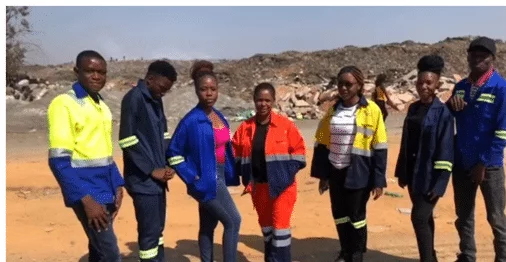The first Pilot Student Challenges successfully finished

A webinar was held for the presentations of the projects which celebrated real-life learning in higher education.
The first pilot student challenges under the projects AgriSCALE and PBL-BioAfrica came to an successful end. University staff, students, and representatives from client organizations gathered to share the lessons learnt, results and experiences. The aim of the meeting was to inspire and encourage companies, staff and students for further collaboration, as well as to discuss the potential of real-life learning in producing problem solvers of tomorrow.
The student challenges were prepared in collaboration with Nakuru Living Lab and Real IPM in Kenya, WeWorld in Italy, BioGas in Uganda, and Steam’n Heat in Finland. The meeting was held on 14th December 2021.
Five student challenges aimed at researching economically, socially and environmentally sustainable business models
The webinar of the results was a success; more than 60 participants from around the world took part. Five student challenges were presented by students from different partner institutions. All challenges have aimed at researching economically, socially and environmentally sustainable business models in the fields of bioeconomy and finding profitable solutions to enhance circular economy.
The challenges presented were:
- Sustainable BioWaste Management, Egerton University, KENYA
- Sustainable Pesticide Use, Jomo Kenyatta University of Agriculture and Technology, KENYA
- Ensuring Inclusive and Sustainable Social Prosperity, University of Pavia, ITALY
- Biogas, Bishop Stuart University, UGANDA
- Solid Waste Management, University of Zambia and Mulungushi University, ZAMBIA
“Problem-based learning is a student-centered approach in which students take an active role in their own learning”, explained Ms Teija Lehtonen, Senior Advisor at Häme University of Applied Sciences and Moderator of the meeting. Students have worked in cross-cultural teams and the learning through real-life challenges aims to equip them with work-life relevant skills and competences.
Overall results and the mood in all these piloting Student Challenges was enthusiastic and positive. Participants were inspired and saw the benefits and potential of collaboration in all levels. This shines a bright light for the challenges to come!”